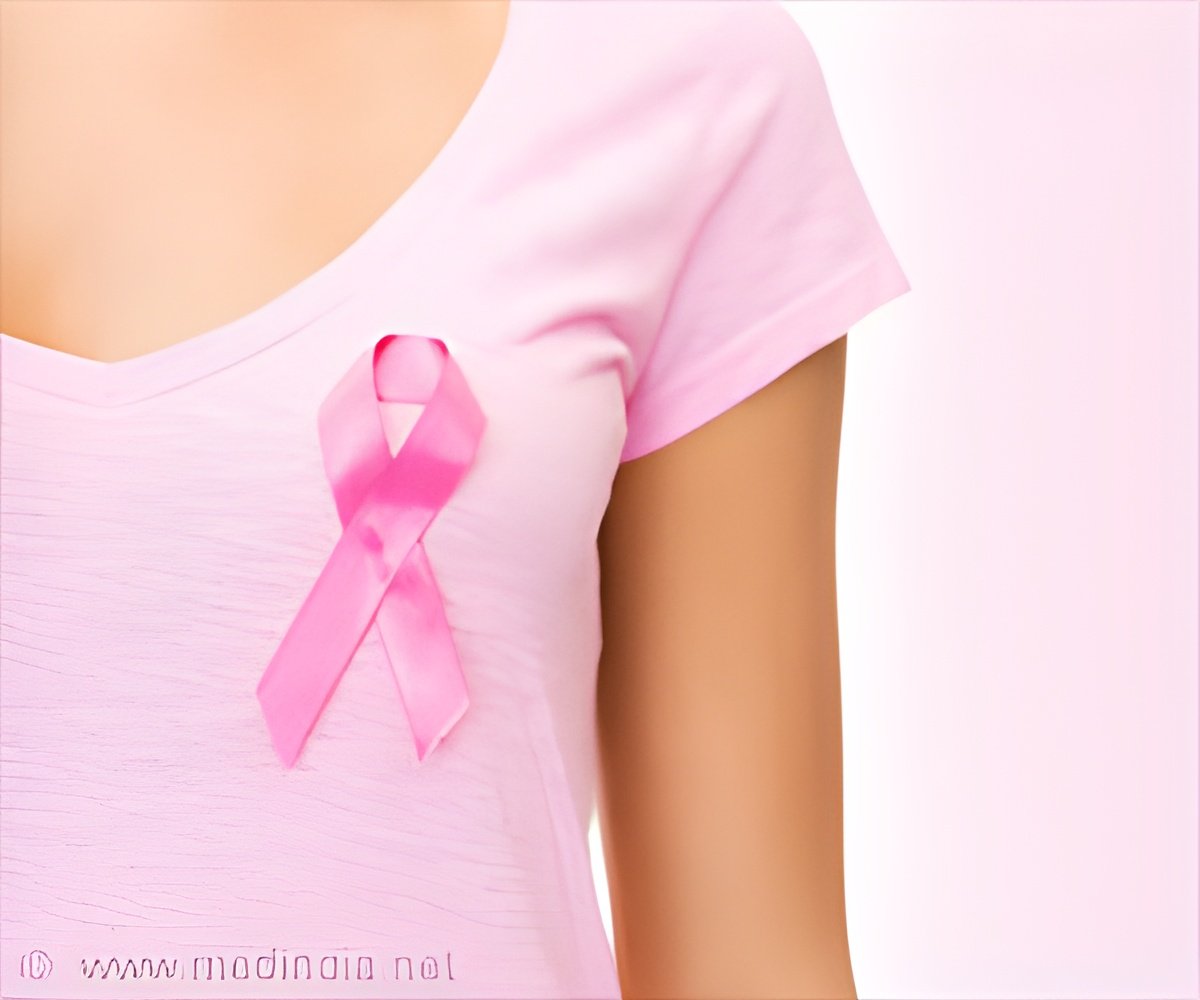A new report from GlobalData says that the US treatment market for HER2-positive breast cancer will rise more than threefold in value, from $2.41 billion in 2013 to $7.95 billion by 2023.

“The rising incidence of HER2-positive breast cancer in the US, along with the significant use of high-priced HER2-targeting therapies in all phases of the disease, particularly the neoadjuvant and adjuvant settings, has boosted sales of these drugs in the country. The adjuvant treatment sales would undergo the highest growth, from $1.25 billion in 2013 to $5.44 billion by 2023, representing a rise in market share from 52% to 69%. The neoadjuvant market share will remain steady at just 5% during this period.” Jamie Mallinson, Ph.D., GlobalData's Analyst covering Oncology and Hematology.
GlobalData observes that the US Affordable Care Act would be another driving factor behind the overall market expansion, as a higher number of patients would be eligible for treatment with more expensive therapies.
The report says that herceptin is the United States’ market-leading HER2-positive breast cancer treatment, with tremendous revenues of over $1.83 billion in 2013, accounting for a significant 76% share.
However, GlobalData expects its sales to decrease at a negative Compound Annual Growth Rate (CAGR) of 4.4% by the end of 2023. (CAGR is a business and investing specific term for the geometric progression ratio that gives a constant rate of return over the time period).
“Herceptin’s decline will be due largely to its US patent expiration in 2019 and the rapidly developing market shares of Roche’s two latest biologics, Perjeta and Kadcyla, which will see their revenues rise at respective CAGRs of 27.9% and 30.9%,” Jamie Mallinson explained.
“These factors may encourage oncologists to recommend alternatives to the more high-priced HER2-targeting therapies, further hindering market expansion,” the analyst concludes.
HER2-positive breast cancers tend to be more destructive than other types. They're also less reactive to hormone treatment. Standard chemotherapy agents such as doxorubicin (Adriamycin) can be effective in treating the breast cancer, although these medications don't specifically target the HER2 protein.
Routine testing for HER2 is suggested for most women diagnosed with invasive breast cancer because the results may affect treatment decisions. HER2 testing is not done routinely for ductal carcinoma in situ (the most common type of non-invasive breast cancer) but may be performed as part of a clinical trial.
Whenever breast cancer recurs, the cancer cells should be re-examined for HER2 as well as for hormone receptor status, as these can change from the original cancer in up to 20 to 30 percent of cases.
However, treatments that specifically target HER2 include:
Trastuzumab (Herceptin), which specifically targets HER2, kills these cancer cells and decreases the risk of re-emergence. It is often used with chemotherapy. It may also be used alone and in combination with hormone-preventing medications, such as an aromatase inhibitor or tamoxifen.
Lapatinib (Tykerb) is a HER2-specific drug. Lapatinib is effective for HER2-positive breast cancer that doesn't respond to trastuzumab. The drug is used in combination with the chemotherapy drug capecitabine (Xeloda) and the aromatase inhibitor letrozole (Femara). Lapatinib is also being studied in combination with trastuzumab.
Source-Medindia















